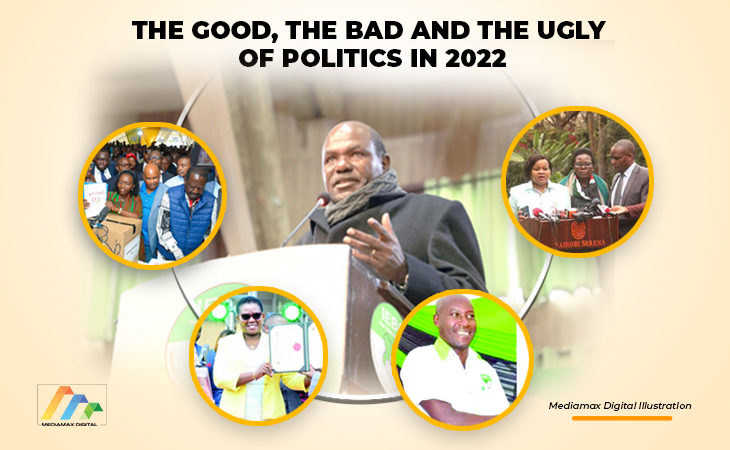The good, the bad and the ugly of politics in 2022
By Wycliffe Nyamasege, January 2, 20232022 was indeed an eventful year. Intense political activities were witnessed as seasoned politicians faced off with newbies in the August polls which were quite dramatic. Amid the storms, there were also many positive developments from the electioneering period.
The August 9 general election gave Kenyans an opportunity to exercise their democratic right of electing representatives to various seats, from the ward level up to the presidency.
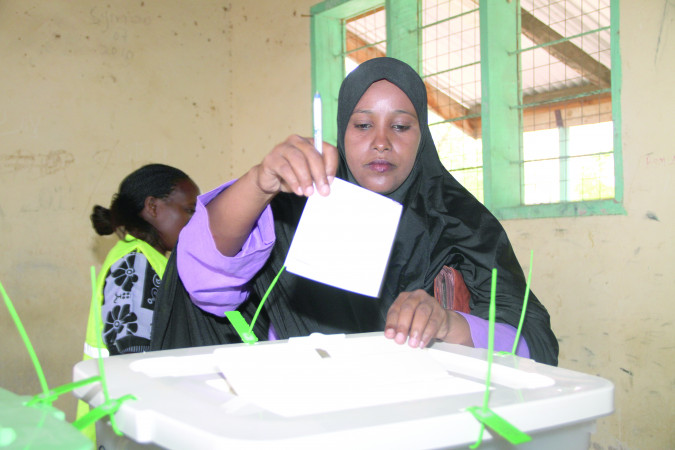
THE GOOD
Although there were cases of violence reported in some parts of the country, the campaign period was largely peaceful.
Unlike in previous years, voters and politicians also exercised political maturity during the polling day, tallying process and results declaration.
Even when some politicians disputed results announced by the Independent Electoral and Boundaries Commission (IEBC), the country remained peaceful with only a few areas reporting street demonstrations.
Presidential elections have always been divisive in Kenya. However, this year despite Azimio la Umoja-One Kenya coalition leader Raila Odinga disputing the declaration of Kenya Kwanza Alliance candidate William Ruto as the winner of the presidential poll, the country remained calm.
This was unlike in 2007, 2013, and 2017 when such disputes led to violent demonstrations in various parts of the country.
2007/2008 was the worst as at least 1,200 people and half a million others were displaced in the Post-election Violence (PEV) that erupted after the declaration of Mwai Kibaki as the winner of the 2007 polls.
The declaration sparked violent protests from supporters of Kibaki’s main challenger, Raila who was seeking the presidency on the Orange Democratic Alliance (UDA) party ticket.
This year, Raila discouraged members of the public from taking to the streets to protest alleged rigging as he sought legal redress at the Supreme Court.
Despite the Apex court dismissing his case, the opposition leader accepted the outcome of the court and urged his supporters to remain calm.
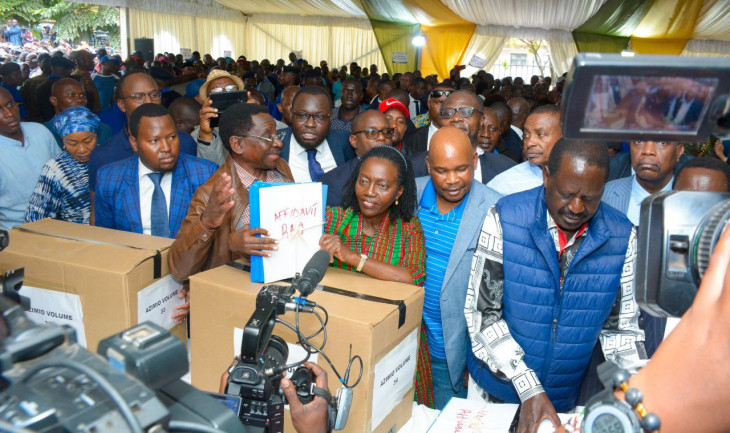
Another win witnessed during the August polls was the historic election of seven female governors.
The rise in female governors from the August 9 vote was a small but significant improvement over 2017 when three women were elected as county bosses.
The seven female governors are; Gladys Wanga (Homabay County), Susan Kihika (Nakuru), Cecily Mbarire (Embu), Wavinya Ndeti (Machakos), Fatuma Achani (Kwale), Kawira Mwangaza (Meru) and Anne Waiguru (Kirinyaga).
Mwangaza beat Governor Kiraitu Murungi of the Devolution Empowerment Party and former Senator Mithika Linturi (United Democratic Alliance) to be elected on an Independent ticket.
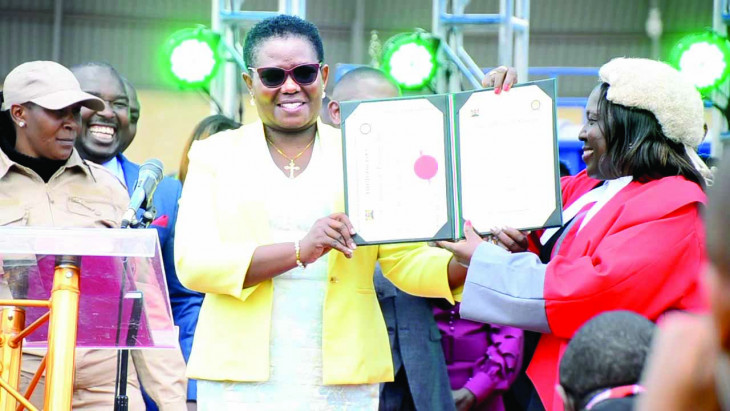
Also, several young people were elected to the National Assembly, increasing the number of youths in the August House. Notable names include Mumias East MP Peter Salasya and Bomet Woman Representative Linet Chepkorir, popularly known as Toto.
THE BAD
Some nasty incidents were also witnessed in the political arena during the last 12 months.
William Ruto’s frequent exchange of words with then-President Uhuru Kenyatta in public was quite disturbing. Ruto was then, the country’s deputy president.
The two leaders, who fell out after Uhuru’s March 2018 truce with Raila, washed their dirty linen in public, threatening stability of the country in the period leading up to the August polls.
There were fears that the wrangles between the two leaders could plunge the country into chaos, threatening the country’s economic stability.
On August 15, ugly scenes were witnessed at the national tallying centre at the Bomas of Kenya as IEBC Chairman Wafula Chebukati took to the podium to announce the presidential results.
The IEBC boss, who was accompanied by commissioners Abdi Guliye and Boya Molu and IEBC CEO Hussein Marjan were attacked by a rowdy group of politicians from the Azimio la Umoja – One Kenya coalition, who accused the officials of presiding over a flawed process.
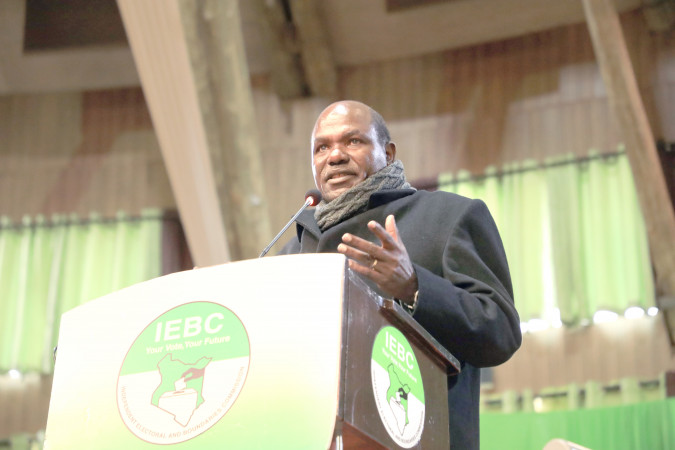
Anti-riot police had to intervene to restore order at the centre before the IEBC chairman declared Ruto the winner of the poll.
Alleging intimidation from unmanned persons, Chebukati disclosed that the two commissioners and the CEO were injured in the melee.
“We have walked the journey of ensuring Kenyans get free, fair and credible elections. It’s not been an easy journey. Right now two of my commissioners and the CEO are injured; we have staff who have been profiled. There is a staff member who disappeared while on duty. We have staff who have been arbitrarily arrested for no reason and I don’t know where they are at the moment,” Chebukati said.
“We have a constitutional duty to perform and that is why I stand before you here today despite intimidation and harassment. I took an oath of office to serve this country and I have done my duty in accordance with the constitution and the laws of the land.”
THE UGLY
Minutes before Chebukati announced that Ruto had won, his deputy Juliana Cherera had told media at Serena Hotel that she and three other commissioners disowned the results. The commissioners claimed the tallying of the results was “opaque”.
“We are not able to take ownership of the results that will be announced, because of the opaque nature of this last phase of the general election,” Cherera said.
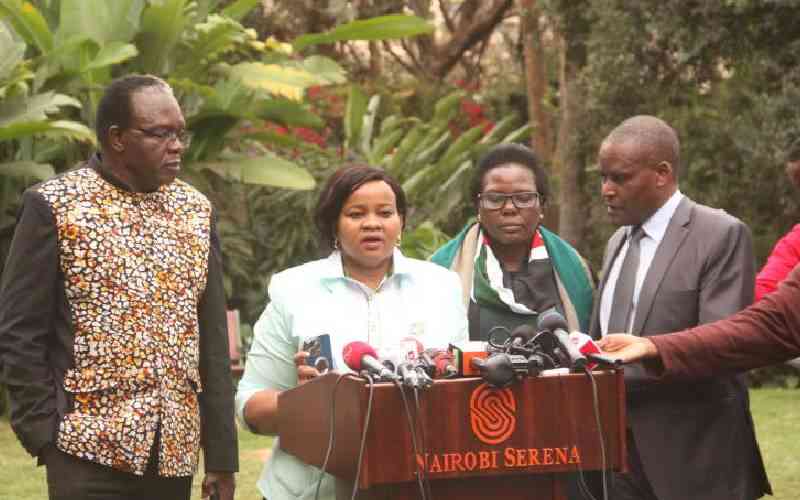
In one of the most unfortunate incidents, an IEBC employee was abducted and killed while tallying election results in Embakasi East, Nairobi.
Embakasi East Returning Officer Daniel Musyoka was found dead in Kajiado on Monday, August 15, four days after he went missing while on official duty.

Musyoka’s body was discovered in a thicket in Oloitoktok, Kajiado county.
Police said the 53-year-old could have been murdered elsewhere and his body dumped in Loitoktok, over 70km away.
Musysoka’s murder was similar to that of Christopher Msando, the IEBC’s Information and Communications director, who was found tortured and murdered just weeks before polling day in the 2017 general election.
